Makeshift camp outside Moria on the Greek island of Lesvos for non registered refugees, this camp no longer exists. February 2016.
Palestinian Youth Movement-USA is proud to announce the launch of our project "SWANAconnect Dignity, Survival and Community for Refugees: A Volunteer Service Project in Greece." Since August of 2016, PYM has recruited its own members as well as other members of the South-West Asian and North African Community in the U.S. to offer translation and interpretation services to our partner organizations in Athens and in the Greek islands of Lesvos and Chios. Our volunteers primarily work as translators and cultural interlocutors between the refugees and lawyers, humanitarian aid workers and the Greek authorities. The particular role our volunteers have assumed is critical for refugees who are survivors of the violence of war, siege, starvation, displacement and the precarious position of being amidst a global refugee crisis that has resulted in 59 million displaced people worldwide. Our volunteers offer linguistically accessible, culturally competent, relevant and sensitive services for Syrian, Iraqi, Palestinian, Kurdish, Egyptian, Moroccan and other refugees from the SWANA Region in Athens, Chios, and Lesvos.
Refugees and migrants make their way at the Souda municipality.
Refugee Camp. March 2016
Listen to a report back and discussion from the islands of Lesvos and Chios with members of the Palestinian Youth Movement-USA chapter (PYM) as they shed light on the ways in which politics and humanitarianism intersect in Greece and how that has impacted the lives of the refugees in Moria camp and beyond.
conditions for refugees in greece
Greek authorities have come under fire by multiple forces who are unsatisfied with the ways in which the refugee crisis has been handled. On the one side, the Greek government alongside many international actors and organizations such as the United Nations High Commission of Refugees (UNHCR) and the European Asylum Services Offices (EOSA), have been called out by international civil society for not doing enough to protect refugee populations. Many of these refugees have come to Greece through what they self-describe as the long, tedious and dangerous “death trips” which they risk because they are fleeing unspeakably horrific violence, war, persecution, and rampant poverty in their home countries and hope to declare asylum in Europe. The humanitarian aid that is available to these populations barely meets basic standards for survival and the political and legal avenues to be able to declare asylum is largely inaccessible to the overwhelming majority of them. In addition, chronic health, economic, and social conditions in Greece’s refugee camps have left an unfavorable opinion among many of the refugees on the Greek authorities and international NGO’s. On the other hand, Greek authorities are wedged between the pressure of their countries own economic crisis and political instability alongside the pressure of the European Union to do more to tighten the borders and limit the refugee's access to EU member countries. This pressure has been further complicated for the Greek authorities after the March 2016 European Union-Turkey deal.
The EU-Turkey deal is the larger structural policy which shuts down the borders in Greece and slows the processing of refugees to a near halt. On March 18, 2016, twenty-eight heads of state of EU member countries struck a deal with Turkey which would go into effect March 20, 2016, mandating that any refugees or migrants in Turkey smuggled through the Aegean Sea to the Greek Islands must be returned to Turkey. In exchange, EU member states must increase an allocation for refugee settlement of Syrian refugees only who are still residing in Turkey. This deal left stranded the thousands of refugees who had arrived in Greece prior to March 20th but who could no longer migrate from the Greek islands, through Athens, up toward the Macedonian border and to their final destination, Germany; which was the last country still accepting asylum seekers in March of 2016. Now, thousands of refugees are stuck in Greece with limited avenues to achieve asylum coupled with a humanitarian crisis, rising tensions within Greek camps, and increased hostilities between the Greek authorities and the refugees.
“This work is about building transnational networks of peoplehood and community despite all that has tried to destroy it and right now, dire services are key.”
PYM Principles Guiding this Work:
PYM has established a four-point political framework that guides this work. Volunteers will learn more about this framework through the PYM orientation program. The goal of the work is both to offer dire services and aid to the refugees while also gaining a stronger experience and consciousness to help design revised and new PYM political programming in the future. In short, the project is as much about service for others as it is an opportunity for engagement and experience development for Arab youth in the US to become protagonists of social change. Our four-point program is based on the following dimensions:
1) The Refugee Dimension: As the Palestinian Youth Movement, we believe the position, experience, knowledge and role of the refugees in the Palestinian struggle is critical for the liberation of our homeland. We understand the position of being a refugee is compounded with all the disadvantages of being placeless and displaced and that these disadvantages can make the refugee population a particularly vulnerable one. However, we also believe that refugees are critical agents of social transformation and that their position has given particular experiences and forms of knowledge that speak back to the confines of the nation-state in the making of new political realities and possibilities. We recognize refugees, whether they are Palestinian, Syrian, Iraqi or other refugees, as central to our struggle but do not believe in tokenizing them or glorifying them symbolically. We understand that people undergoing mass scale catastrophe must be able to achieve basic rights and services in order to thrive and continue surviving. Furthermore, we stand steadfastly against the criminalization of refugees and particularly the way in which policing and containment of refugees is informed by the global ideological and structural regimes of the "war on terror." For this reason, we offer services as a means of empowering our community and respecting the dignity and agency of refugees as people who are integral to our collective community.
2) The Transnational Dimension: As a transnational movement we believe in both the critical importance of working locally for social transformation and connecting these various local experiences with other Palestinian communities worldwide as well as other people’s struggles worldwide. We have decided to undertake this project because we recognize the cultural and political capital and privilege affiliated with being Arab youth who are US citizens. We are both lending our capital to support people who do not have such and to strengthen the consciousness among our own communities in the US of the conditions across the world. We believe it is our moral and political responsibility to support struggles for survival wherever it may be and to continue to fortify global senses of community and peoplehood beyond our locales. This has been a vital component to the Palestinian experience and it is in this vein that the transnational framework is central in cultivating more justice-centered, intersectional, non-dogmatic and non-ethnocentric service and organizing.
3) The Arab/SWANA Regional Dimension: Since 2011, PYM has done significant internal work to restructure our movement, clarify our vision and principles and re-design our programming. A large part of this work was necessitated by the monumental moment of the Arab Uprisings. We have developed a philosophy regarding the Arab region that recognizes the Arab masses struggling against imperialism, dictatorship, poverty, and repression, not as allies, but as central stakeholders in Palestinian liberation. We understand the consequences of Zionism across the region and believe it is centrally tied to the suffering of the Arab masses by repressive regimes, including Syria. For these reasons, we have a direct right and responsibility in supporting Arab people suffering from persecution, war, siege and political repression as we Palestinians have also experienced this at the hands of Zionist aggression as well as Arab governments. However, a critical importance of this service based work is to allow our members to expand their understanding of the broader regional struggles as many of the refugees in the islands are also non-Arabs from the region including Kurdish populations and Assyrians as well as refugees from sub-Saharan Africa, Afghanistan, Pakistan, Iran and more. It is for this reason that PYM is running our volunteer service program in collaboration with other SWANA communities in the U.S. and is facilitating the program as part of the #SWANA Connect Project. This program allows for PYM members to understand the relationship of Palestine not only to the Arab dimension but the broader regional dimension and to envision new avenues for solidarity and political programming that accounts for the region's particularities.
4) Rights-based approach, international law, and the international Non-profit industrial complex: PYM's political philosophy recognizes that legal regimes and aid work have often been a site of further violence, degradation, pathologization and trauma to our people and struggle more than it has been an asset. We utilize international law and the rights-based approach as tools for our struggle but not as the framework to define our struggle. We also recognize that the NGO services offered in Greece are part and parcel of the NGO system which has become an industry of profit off of the subordination and subjugation of human beings. Many of the volunteers and organizations offering services to these refugees do not have culturally relevant, sensitive and competent approaches. The basic minimum should be to aid workers who can communicate with the refugees in their dominant language. At the same time, PYM is staunchly against the ways some political movement work has looked down on services and immediate aid for people. We believe service to the people is key to political liberation work. We believe we must work within the system available to maximize ethical and relevant services and create opportunities for refugees to maintain their own agency and dignity in life decisions. For this reason, we have decided to engage in this work and develop more pedagogical approaches to service that are more equitable, fair and relevant. In short, it is our heart and our political commitments that drive us to do this work and not a lens of charity or white savior complex that further victimizes and stigmatizes refugee populations. This work is about building transnational networks of peoplehood and community despite all that has tried to destroy it and right now, services are key.
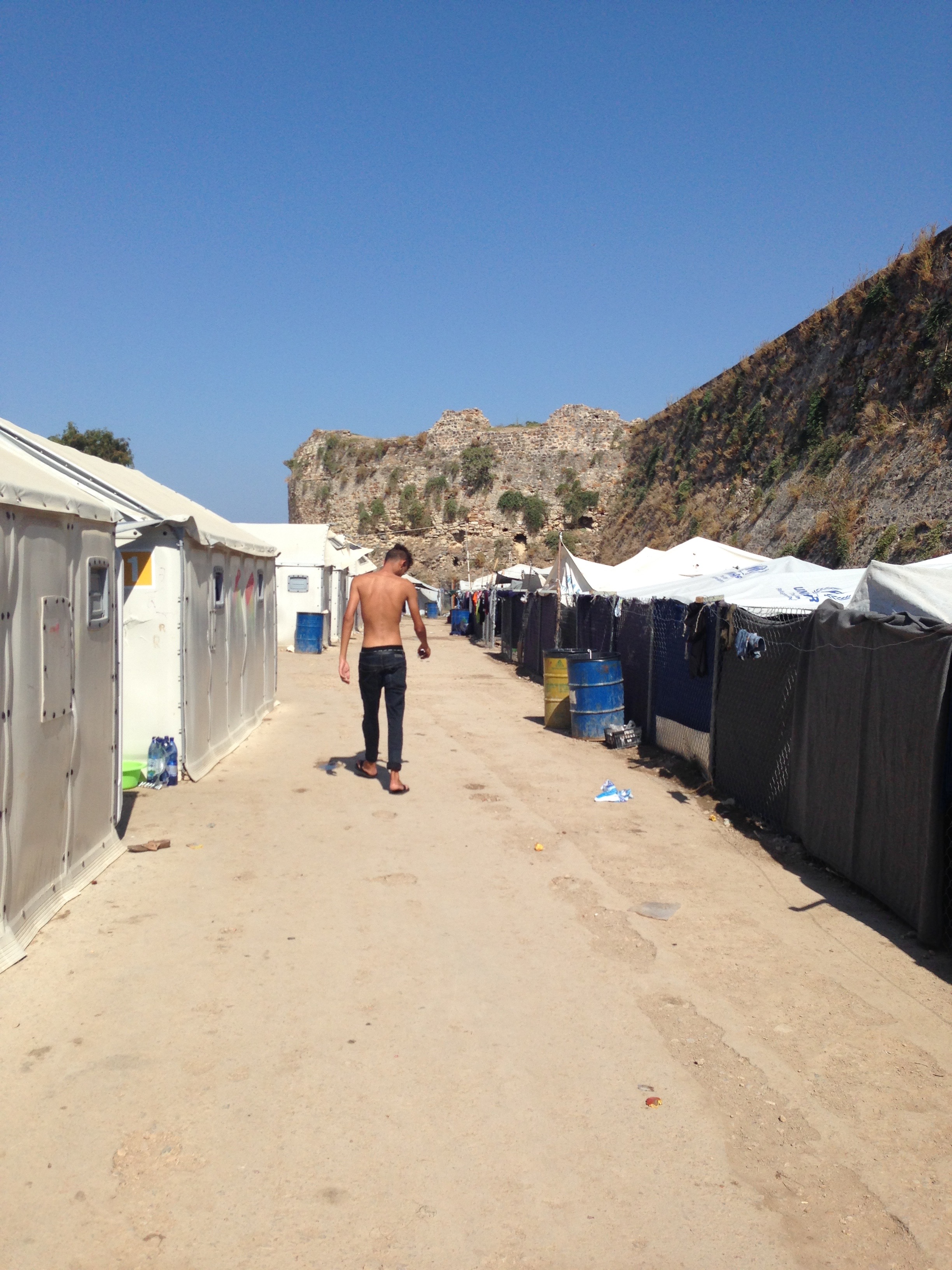
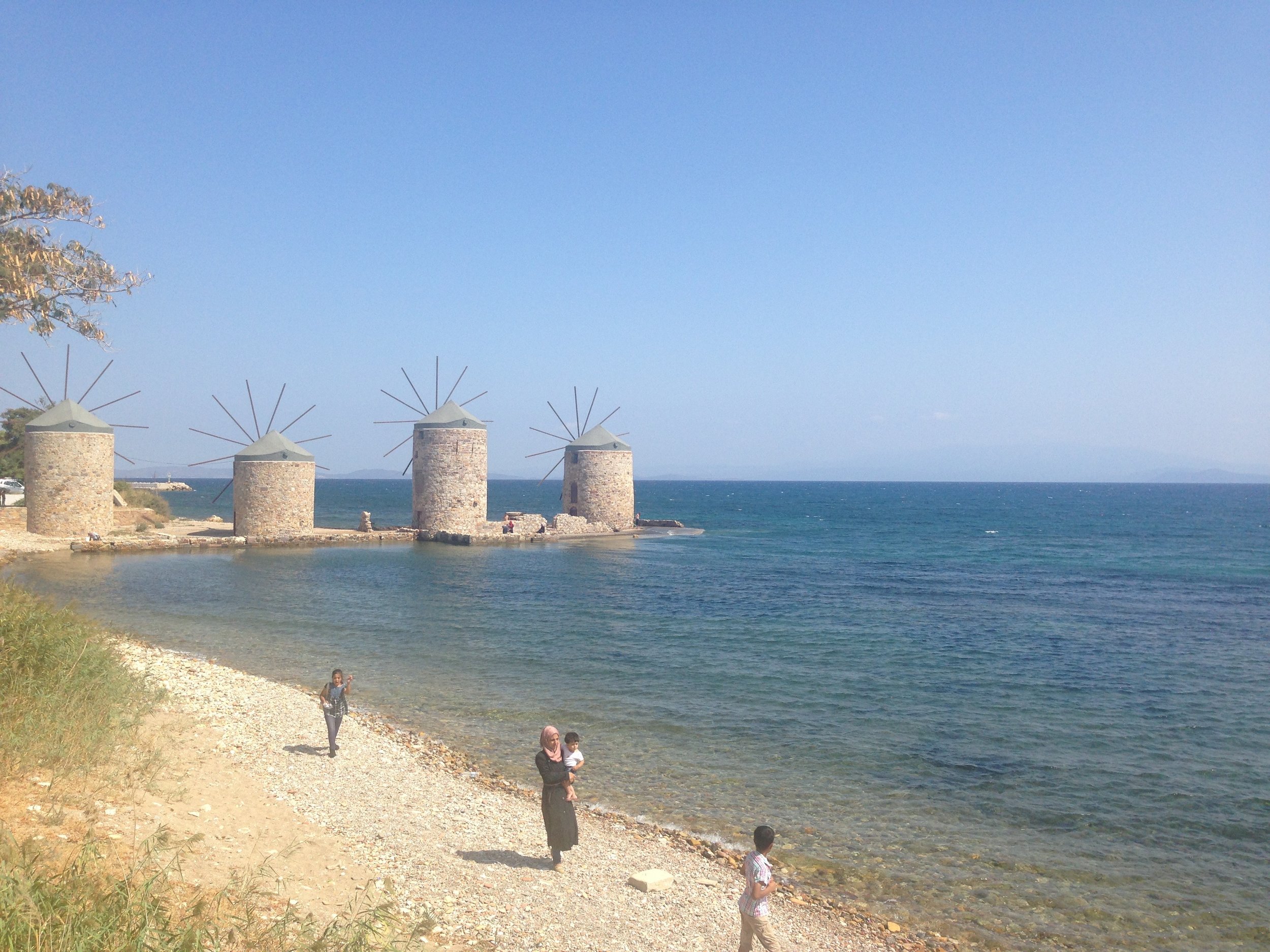
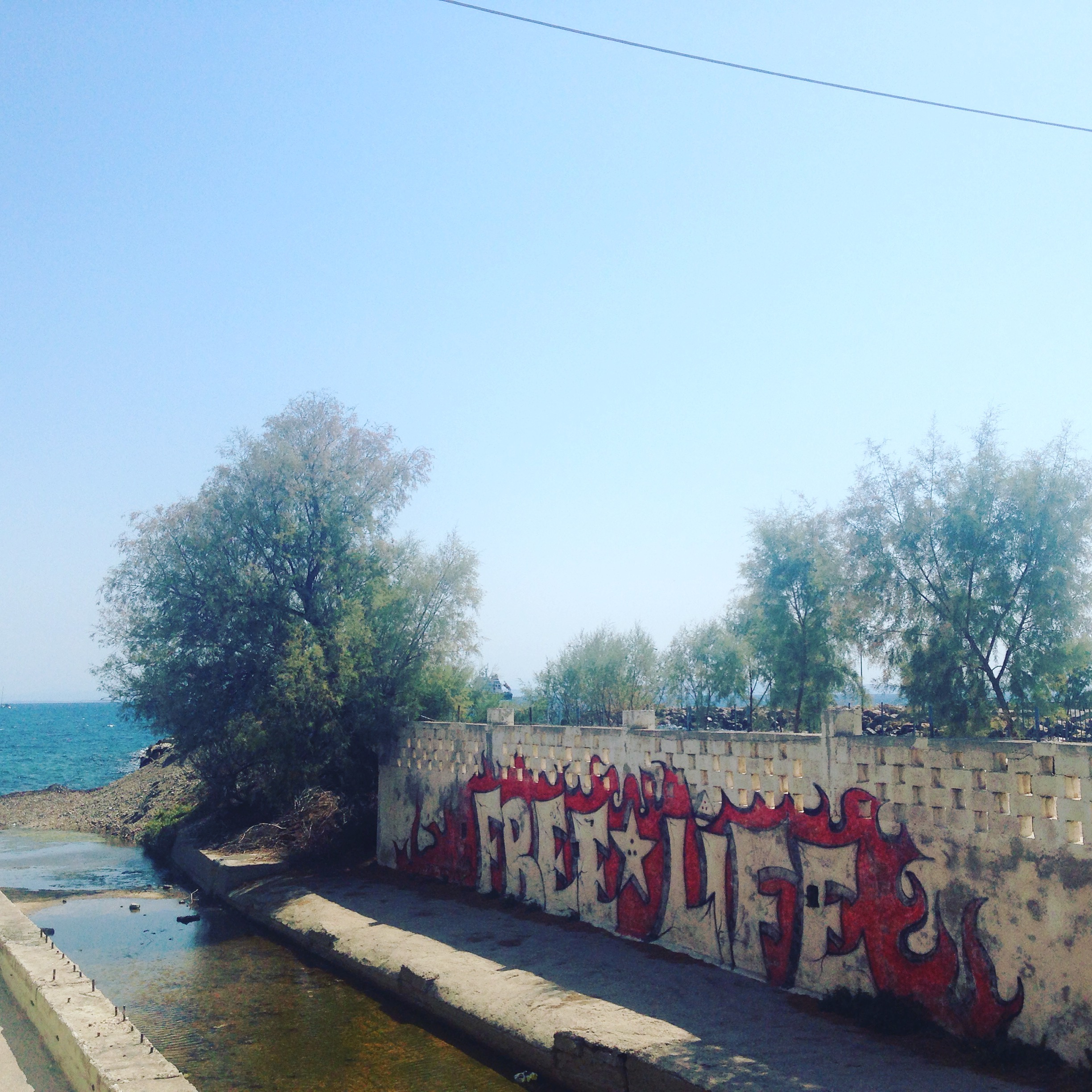
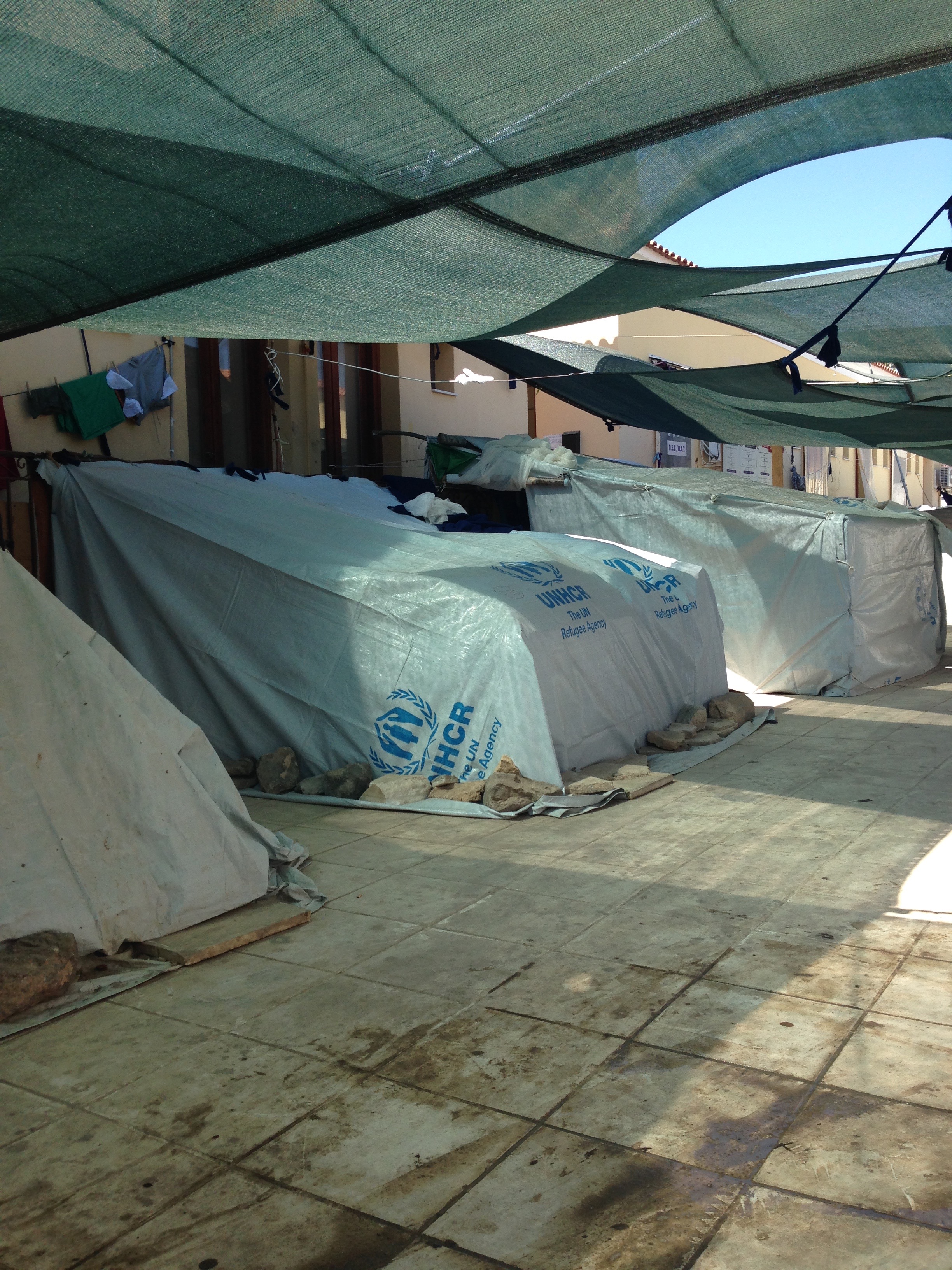
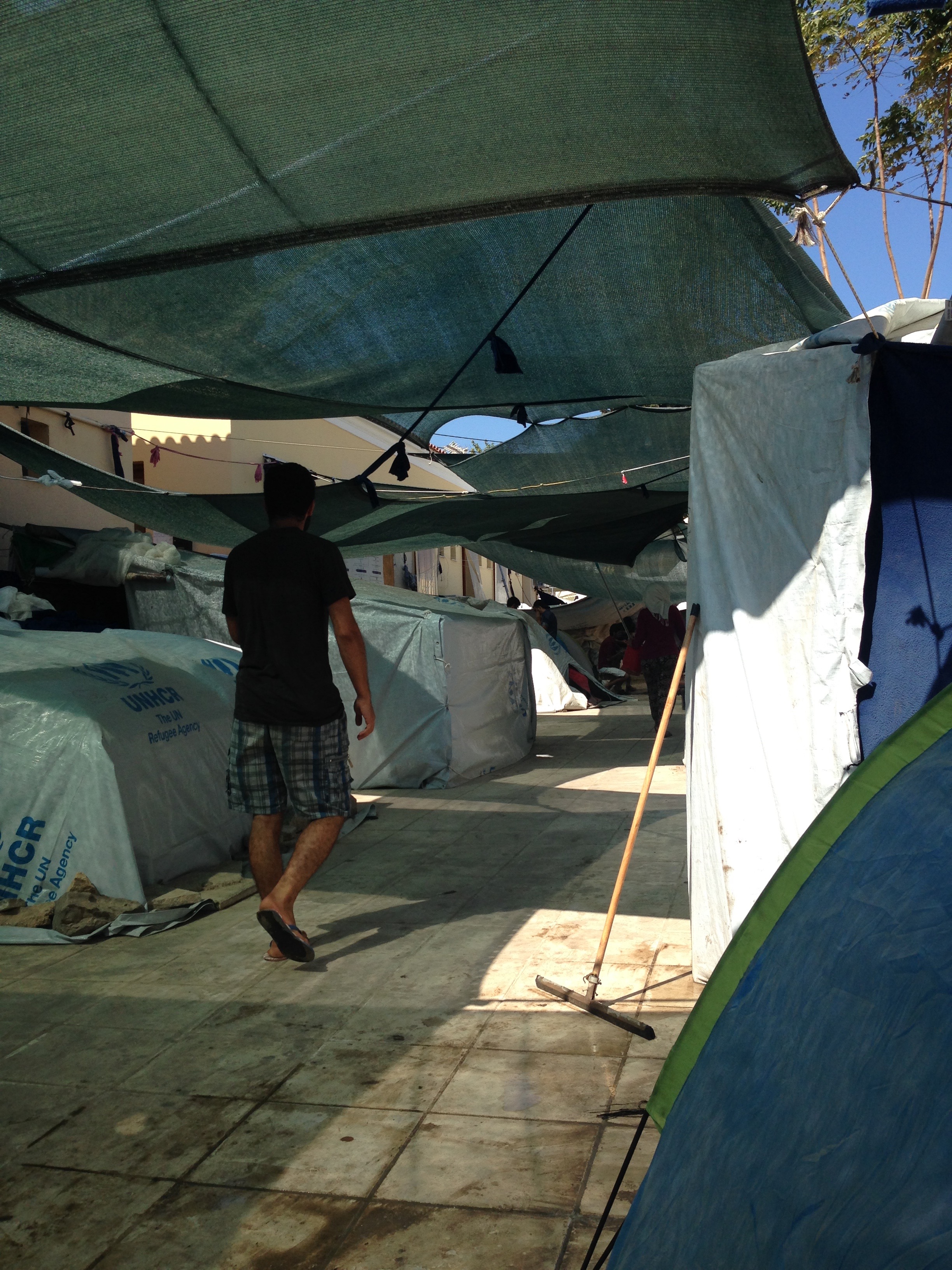
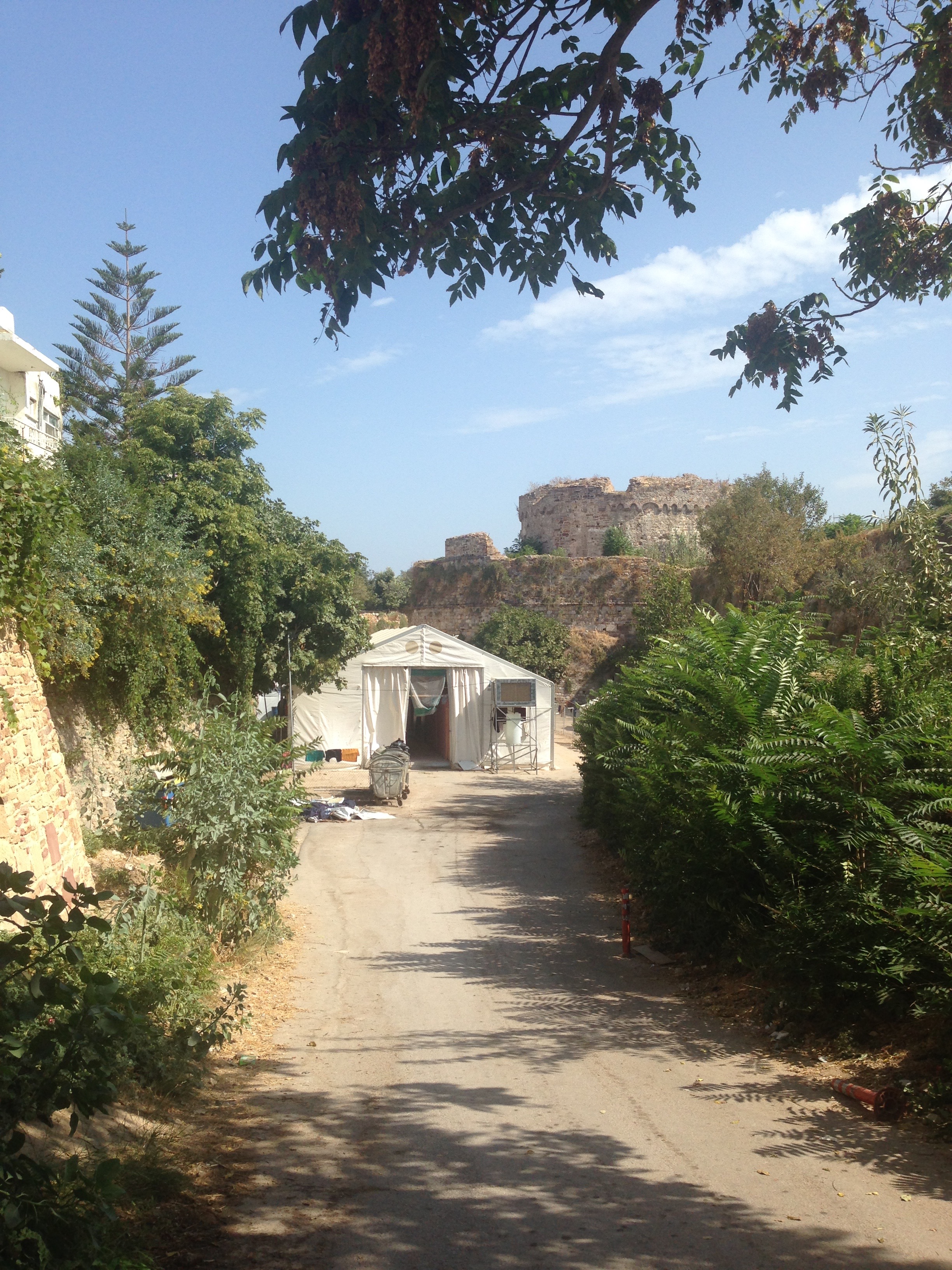
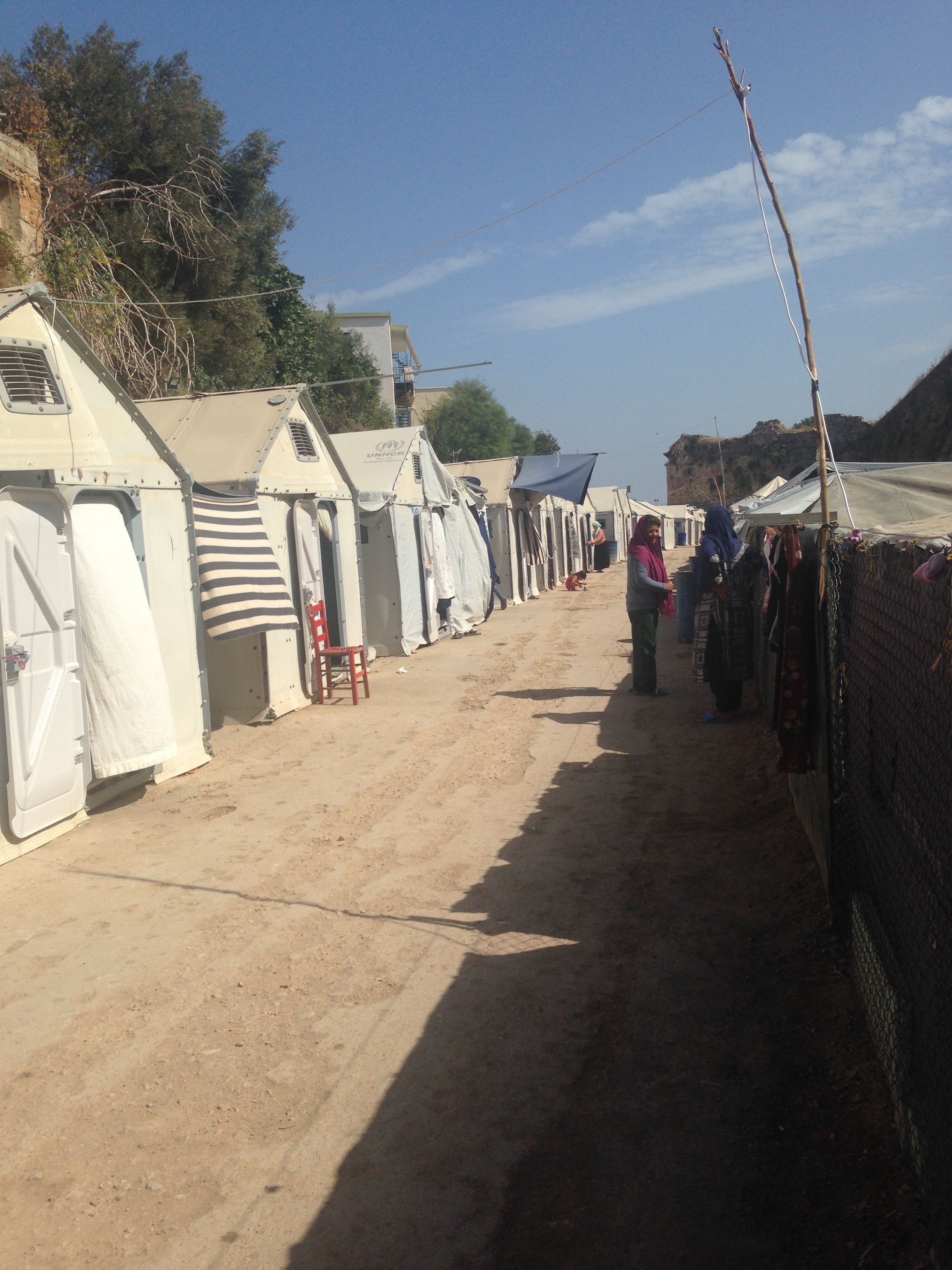
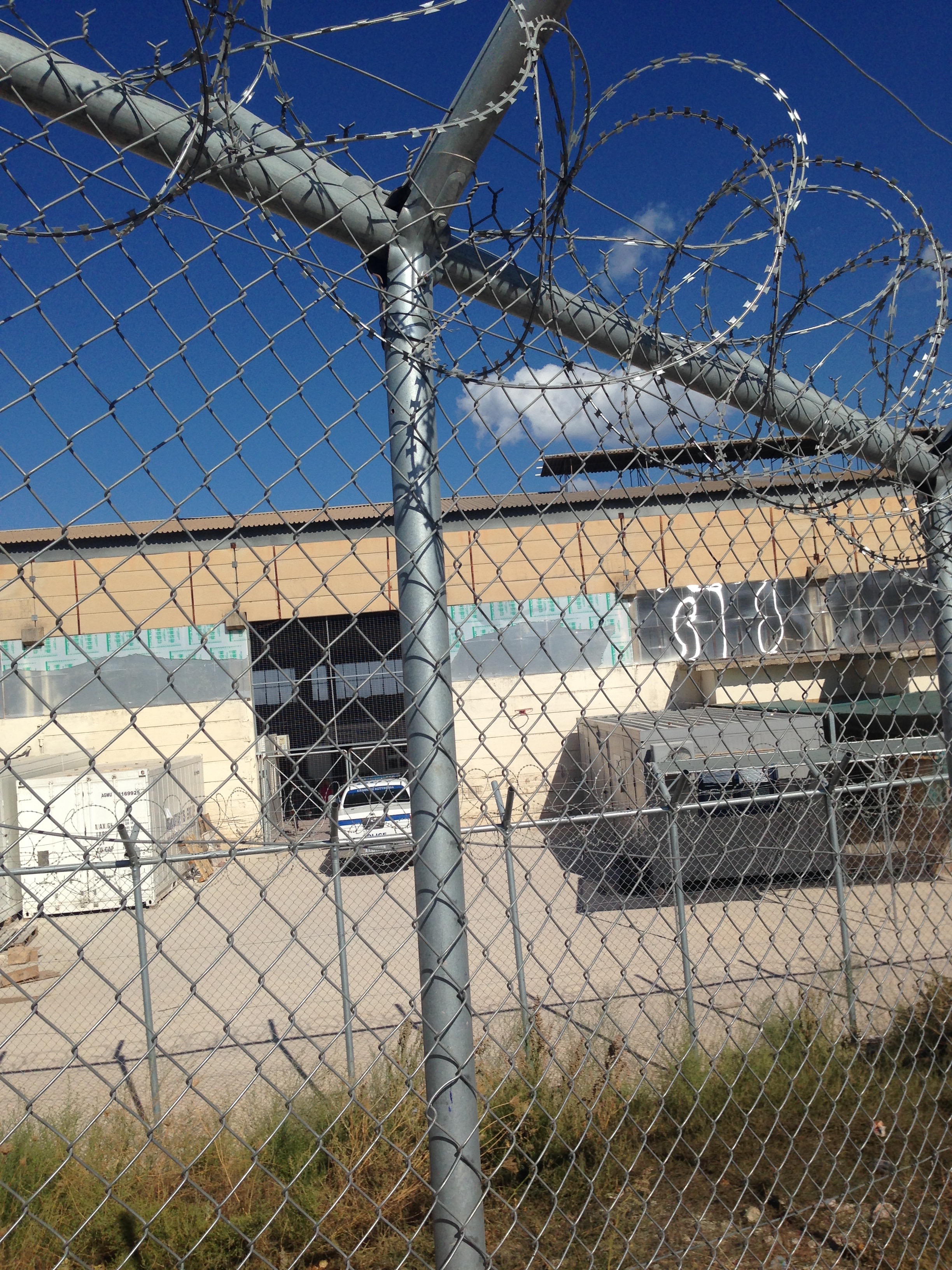
PYM is Seeking Volunteers:
We are seeking volunteers who are emotionally mature, disciplined and committed to this work. All volunteers must be fluent in English and Arabic or another language used in the SWANA region. All our volunteers are required to go through two orientation programs. The first is the orientation program which explains the nature of our services, the conditions on the ground in Greece, the PYM philosophy, and framework guiding this project, what to expect, how to prepare and what is expected of our volunteers. This training takes place prior to the departure of the volunteers from the United States. The second orientation program is offered by whichever partner organization the volunteer is placed in upon arrival to Greece. Volunteers with a background in social services, violence prevention and intervention work, mental health services, medicine, law and other necessary skill sets are preferred. Volunteers who have experience in social justice advocacy, specifically in the areas of refugee and migrant rights, anti-war and anti-Zionist organizing are desired. Volunteers are expected to demonstrate a basic understanding of the political developments of the SWANA region and some knowledge of the refugee crisis, specifically as it pertains to Syrian refugees. We are particularly looking to send youth in the US who are committed to engaging this experience as part of their longer term social justice organizing, legal advocacy or social service based work.
Some volunteer positions require the volunteers to raise their own funds for flights and accommodations while in Greece while other positions might be affiliated with travel and accommodation costs compensated. This depends on the rolling funding for PYM as well as the skill set of the volunteer. We expect all volunteers to stay in Greece for a minimum of 10 days and to be able to be flexible in terms of changing conditions, job requirements, and stationed location. All volunteers are expected to join conference calls for future program planning upon return from their delegation as well as offer a report back of their work in their local cities.
application instructions:
- Fill out this information session sign up form in order to register for a Webinar Orientation.
- After you finish the webinar, apply to volunteer here. Note: we will not accept applications from volunteers who have not yet done the Webinar Orientation.
- Our coordinators will be in touch with you to place you with a particular partner organization and to organize the logistics of your trip/delegation.
If you have any other concerns or inquiries please contact us at palyouth.usa@gmail.com.



